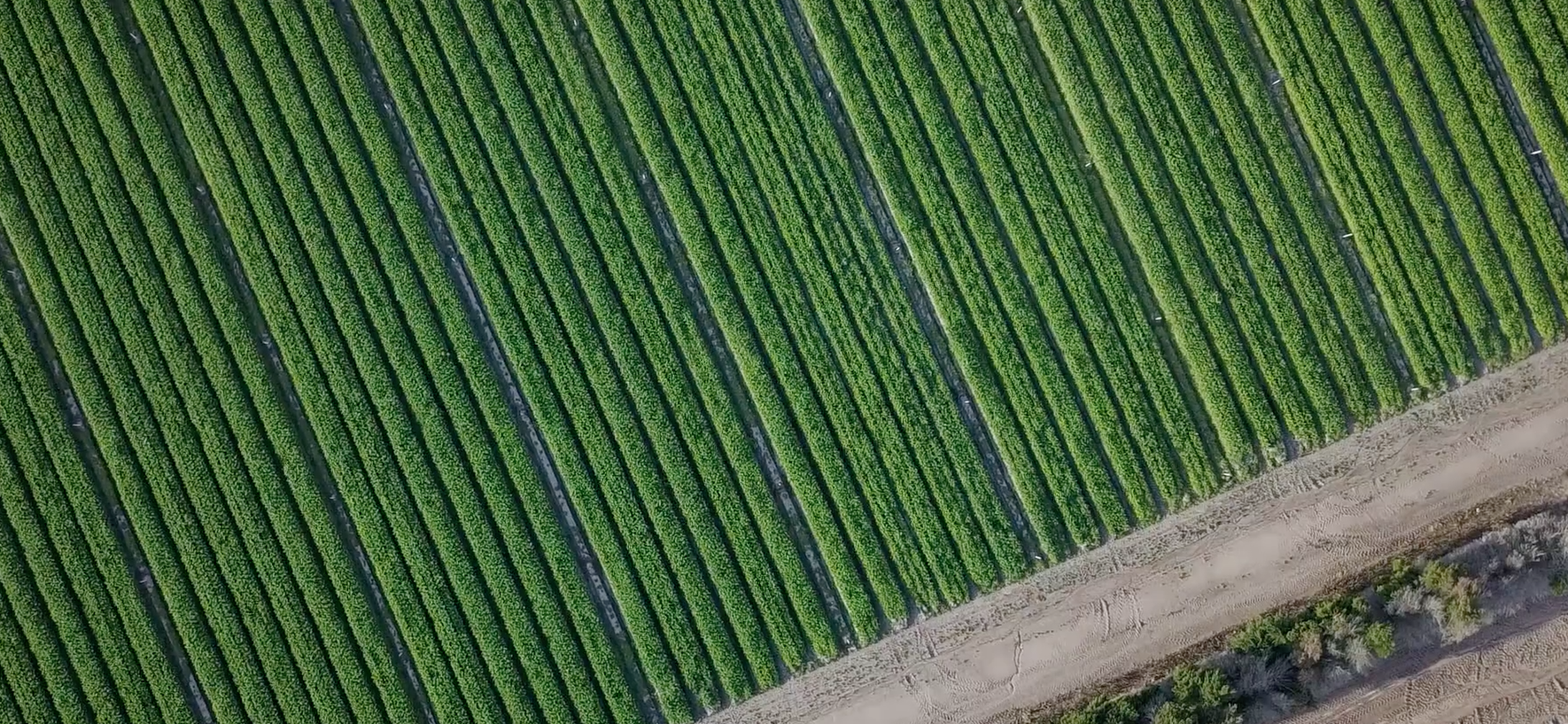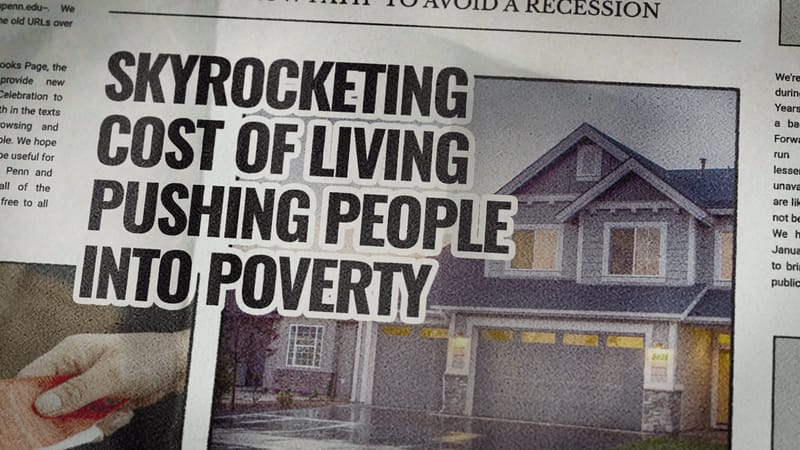
As the planet’s resources continue to diminish, we must look to research, innovation and collaboration to deliver a sustainable world for future generations.
From energy storage solutions and smart urban planning, to ensuring a steady food supply in a world of climate change, Monash researchers and industry experts offer insights into the known solutions that will create a sustainable future.





